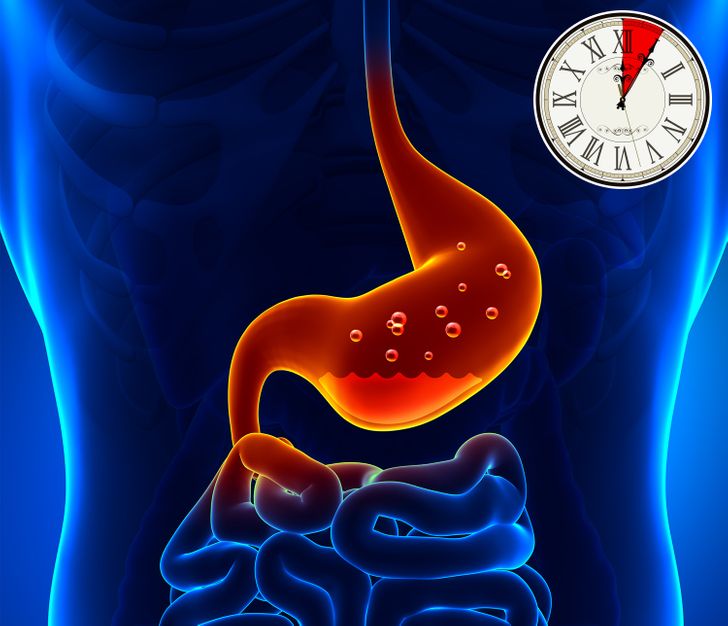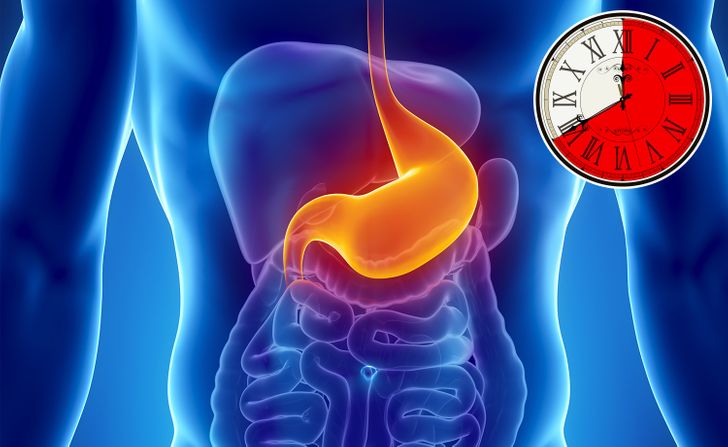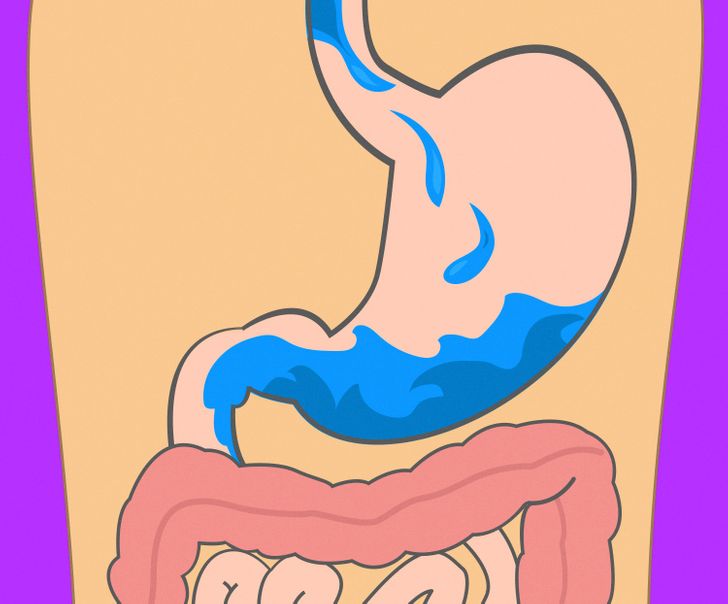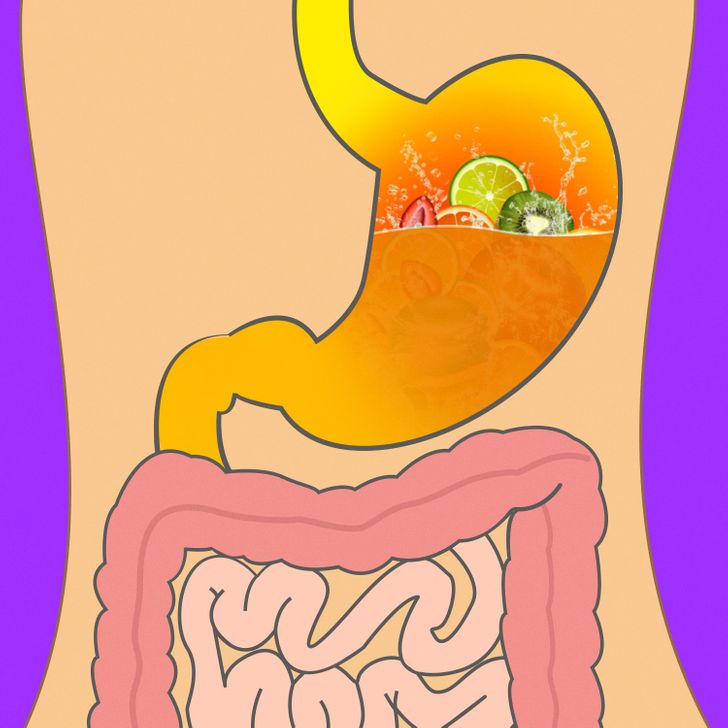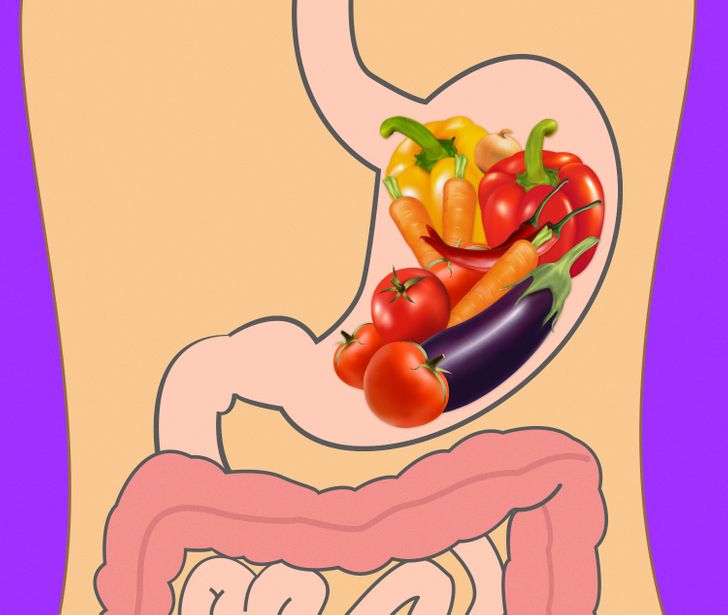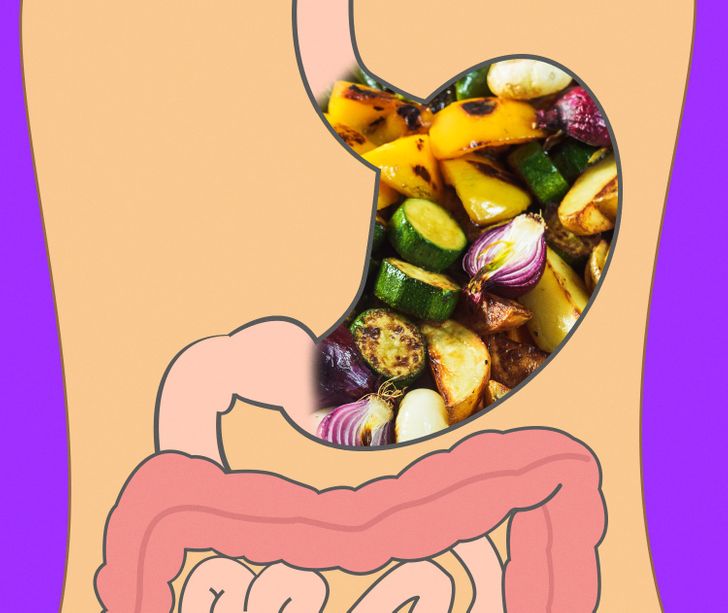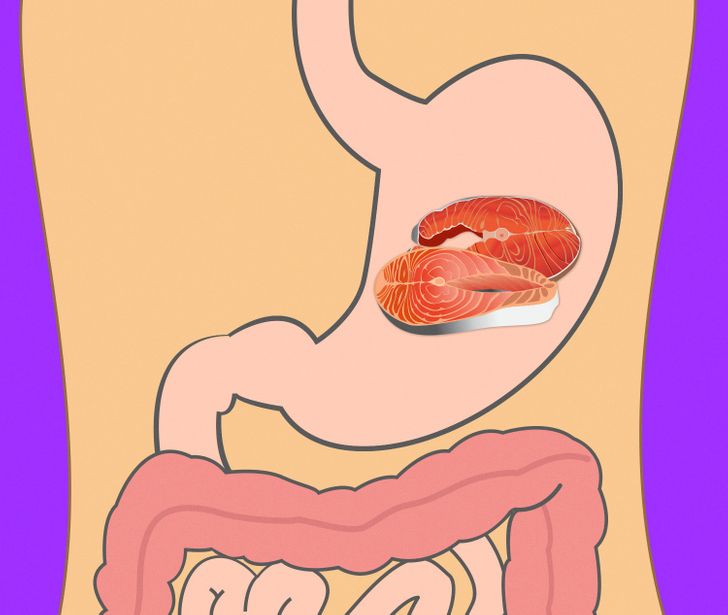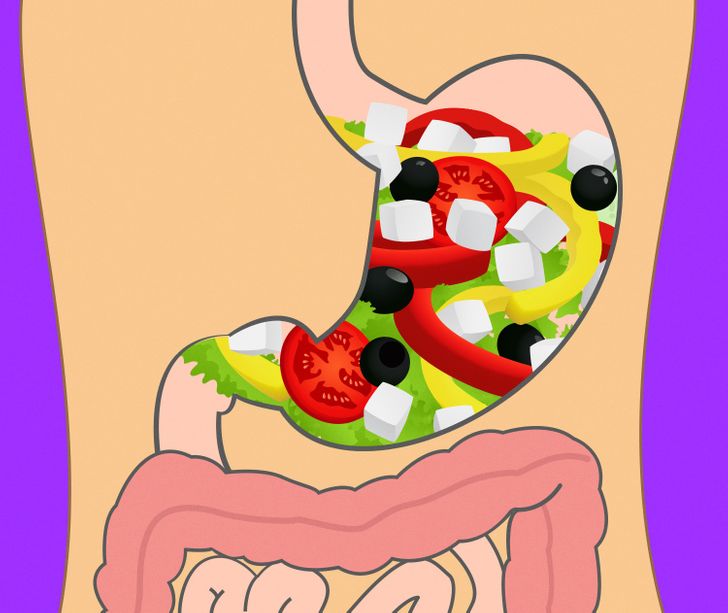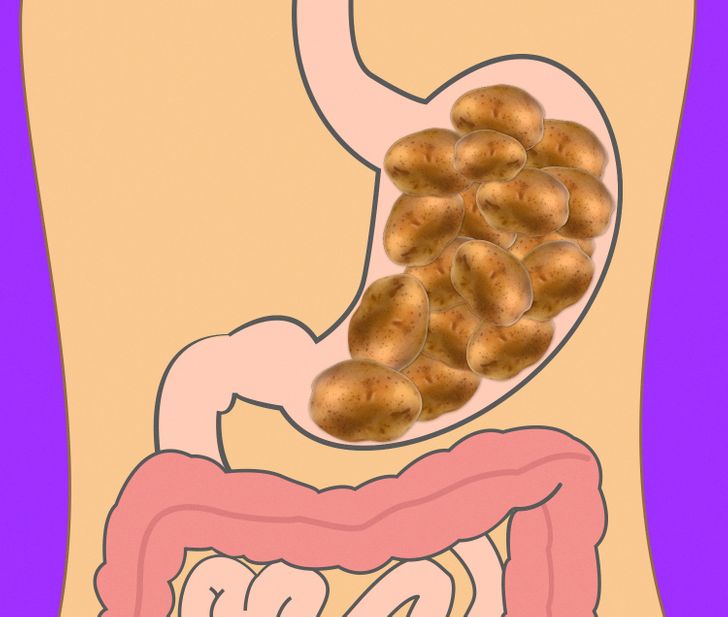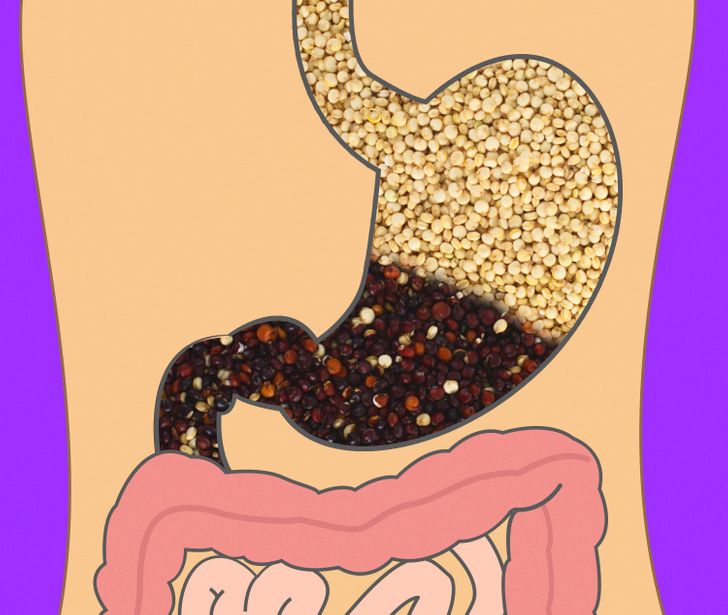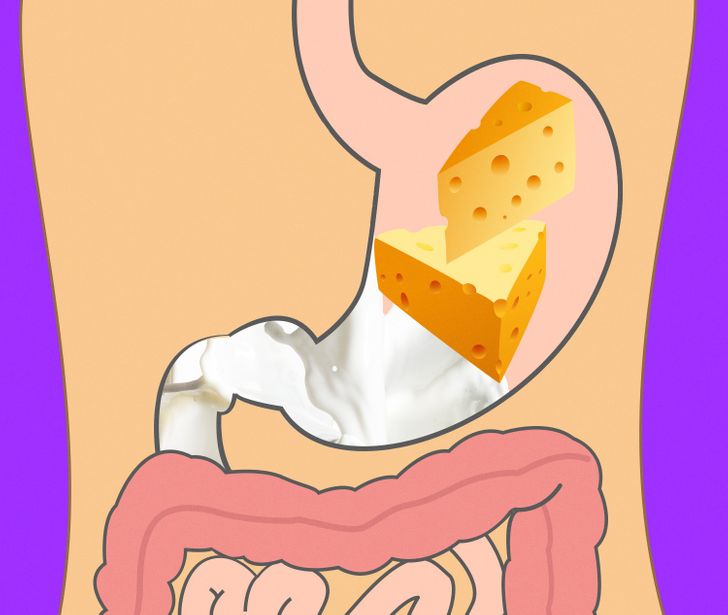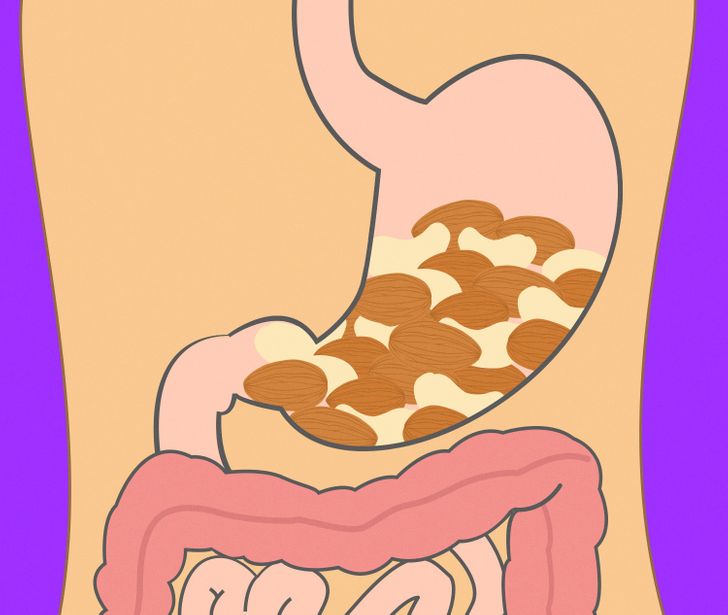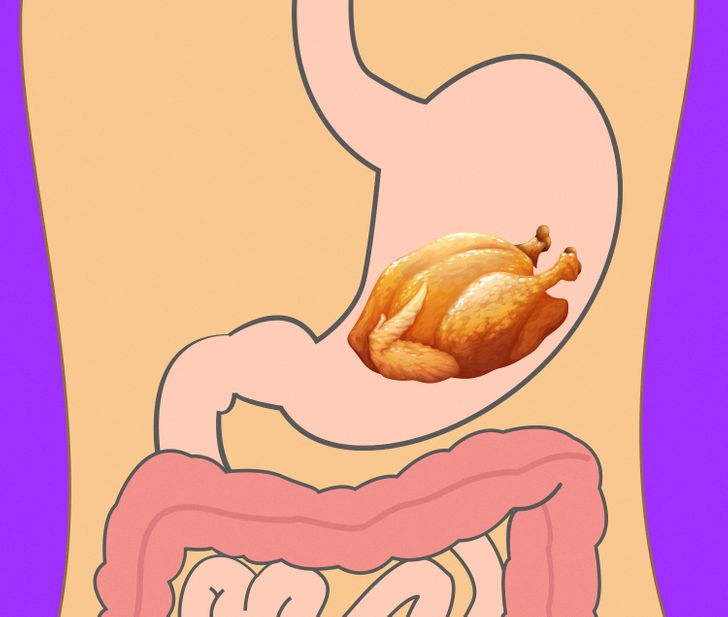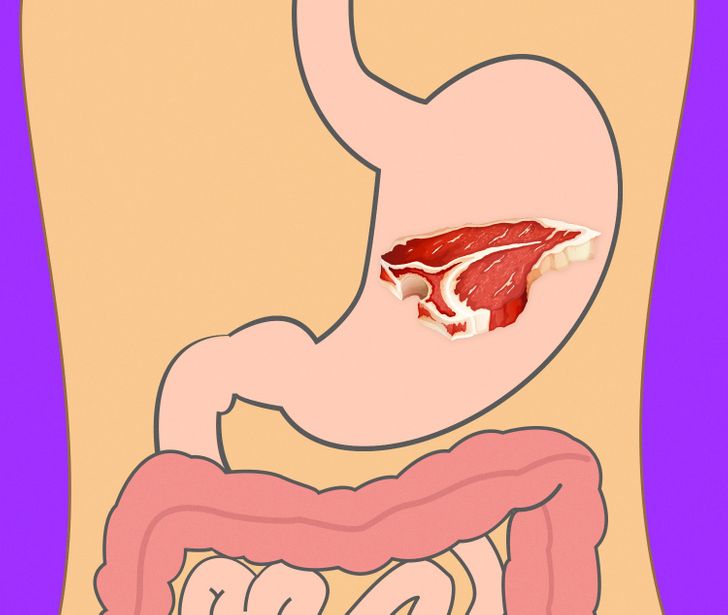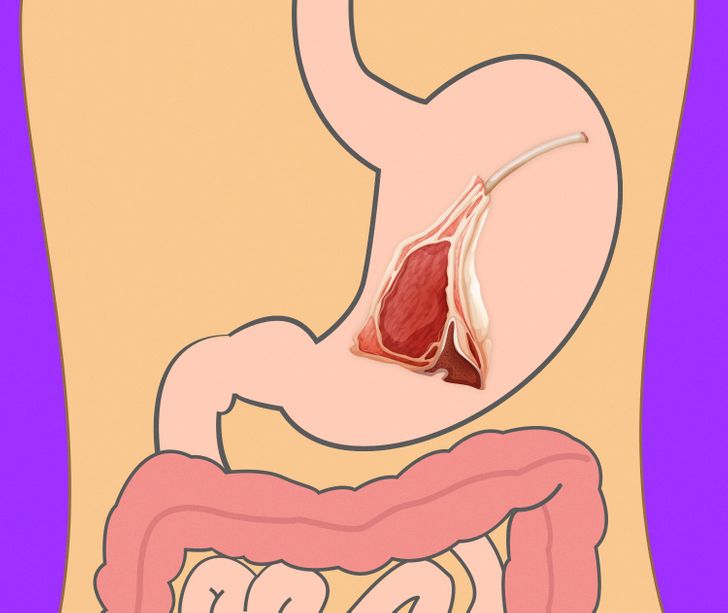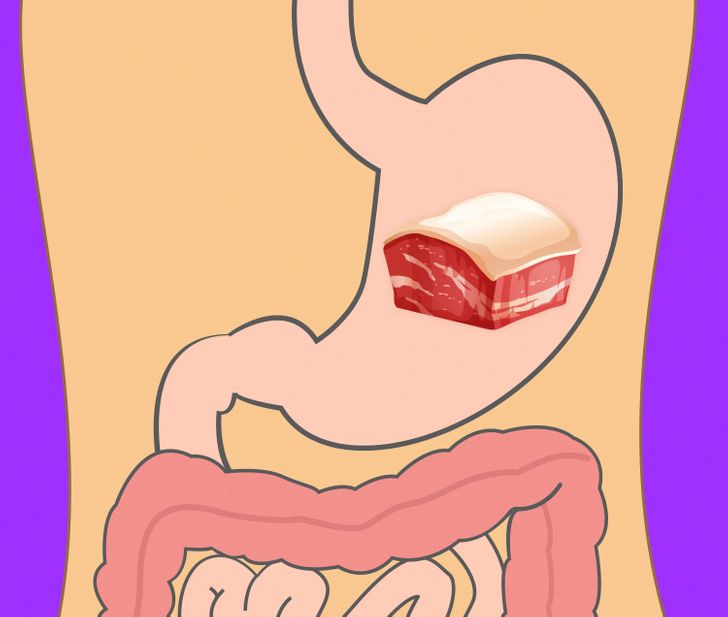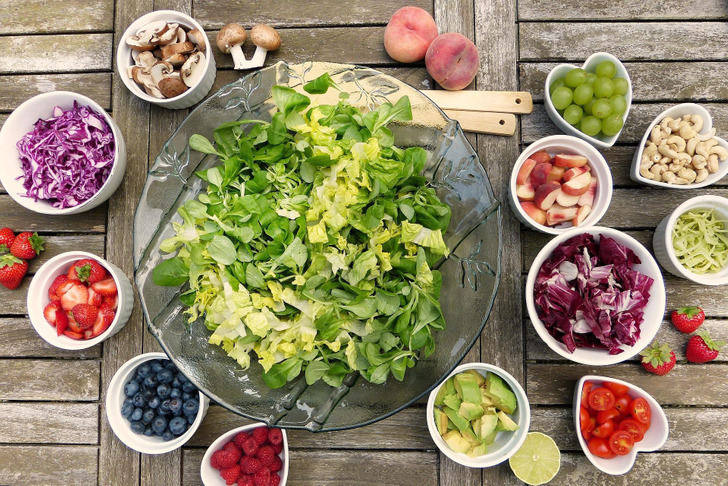rice
How Long Different Foods Take to Digest, and Why It’s Important to Know
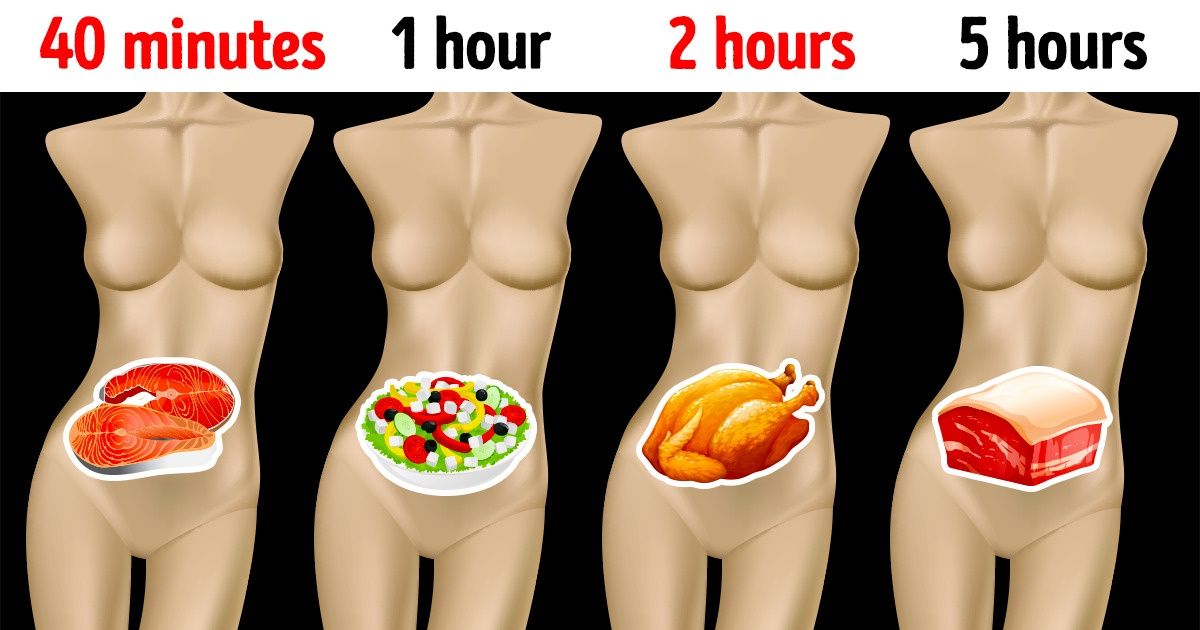
The impact of digestion on weight loss is very significant. As we were told many times, we are what we eat. Of course, the exact digestion time depends on an individual’s physical health, metabolism, age, and even gender, but, generally speaking, some foods will go through you in no time, while others will wander in your system for a while.
We at Bright Side prepared this article to help you stick to a balanced diet and give you some tips to improve your digestion. We also included a bonus at the end just for you.
If we simplify the term, digestion time is a procedure when food that you eat breaks down into tiny particles that get transferred through your intestinal system into the bloodstream. It is important to understand digestion time to lose weight or to maintain what you have already achieved.
Fast-digesting food
If you have lots of fast-digesting foods, you may find that you are eating way more than you should because very soon after you eat it, it’s all gone and you feel hungry again. This type of food gives you a rapid boost of energy — in other words, a glucose level jump. While a boost of energy sounds good, if your body is flooded with glucose and doesn’t use it, the rest turns into fat.
Slow-digesting food
Slow-digesting food raises your blood sugar levels much more slowly, giving more steady and balanced energy. But if you eat only very slow-digesting food, you make your digestive system work to the max all the time and it can be quite tough on your body.
Specialists suggest not mixing fast and slow digesting types of food each time you eat and avoid consuming fast food too soon after slow ones since digestion hasn’t finished yet, and so you don’t overload your stomach.
The best time for processing food that has components with different digestion times is at lunch when your digestive system is the most active. The meals for breakfast and dinner should be simpler and preferably with products that are quickly digested so you get an energy boost soon after breakfast and let your stomach rest at night.
1. Water
Enters into the intestines immediately.
2. Fruit or vegetable juice
Takes 15-20 minutes
3. Raw vegetables
Takes 30-40 minutes
4. Cooked vegetables
Takes 40 minutes
5. Fish
Takes 45-60 minutes
6. Salad with oil
Takes 1 hour
7. Starch vegetables
Takes 1.5-2 hours
8. Grains (rice, buckwheat, quinoa)
Takes 2 hours
9. Dairy
Takes 2 hours
10. Nuts
Takes 3 hours
11. Chicken
Takes 1.5-2 hours
12. Beef
Takes 3 hours
13. Lamb
Takes 4 hours
14. Pork
Takes 5 hours
Tips to improve your digestion
- Drink water regularly and stay hydrated. There is some evidence that shows a correlation between constipation and a low intake of water. Drinking water and other non-caffeinated beverages can help your body to keep your foods moving through the digestive system.
There are other ways in which you can meet your daily fluid intake, like eating fruits and vegetables that are rich in water.
- Chew your foods thoroughly. The process of digestion starts in our mouth, and some experts advise that we chew our foods properly. Otherwise, our body might have less nutrient absorption, which can cause other health problems.
The more we chew, the more saliva our body produces. Saliva helps our body by breaking down the foods in our mouth so they can digest more easily.
- Exercise regularly. For some of us, it might be difficult to keep our bodies moving since we probably have a lot to do in our everyday lives. Nevertheless, exercising can be very beneficial to our overall health and, believe it or not, it can also help us to digest foods better.
Try to schedule a long walk after eating your meals, and you’ll see an improvement in your digestive health. According to a study performed on men and women between the ages of 22 and 41 years old, the time their foods moved through their bodies was dramatically accelerated after some moderate exercise.
- Quit bad habits, like eating late at night. You probably already know the things that harm your health since our parents likely warned us about what could happen if we gave into them. According to some surveys, 2 of the most common health-harming habits seem to be risk factors for reflux.
By now, you might be wondering what’s wrong with having a late-night snack. Believe it or not, your food also relies on gravity to keep things moving. By lying down, you might be slowing down the digestion process, causing what’s in your stomach to rise up and result in heartburn.
- Follow a healthy, balanced diet. As we stated before, there are foods that can help us meet our recommended daily water intake. Vegetables and fruits, such as tomatoes, melons, strawberries, cucumbers, etc. can also help you increase feelings of fullness thanks to the amount of fiber they contain.
There are studies that show how some components in processed foods can damage our health. For example, artificial sweeteners can alter the gut bacteria that is in your body. The rise in said bacteria can lead to health problems, like Crohn’s disease. That is why it can be better for our health to eat whole foods. Turns out our moms were right all along.
Bonus: It’s true, the body can’t digest gum.
All of our parents told us that gum stays in the stomach for years if swallowed, and as kids, we probably believed them. But that can’t be farther from the truth; although chewing gum is meant to be chewed and not swallowed, if you happen to eat a piece of gum, it’s very likely that it will stay intact through your body, as our bodies can’t break it apart.
If you accidentally swallow a small piece of gum, there’s probably nothing to worry about. Nevertheless, swallowing big pieces of gum can cause a blockage in your intestines and send you directly to surgery. This can also happen to small children, which is why it’s better not to give them chewing gum, as most of them don’t understand that they shouldn’t swallow it.
Have you ever accidentally swallowed a piece of gum? Do you eat more slow-digesting or fast-digesting foods? Share your thoughts with us in the comment section below.
Comments
Egypt
Pork special
I am a chicken eater and I am glad that the chicken is digested very quickly
Witnessing my wife's battle with breast cancer was incredibly painful. Traditional treatments weren't providing relief, so I sought alternative solutions. I'm immensely grateful to Dr. Kokobi for his herbal treatment, which brought about remarkable improvements in her condition. My wife and I are deeply thankful for his care. I wholeheartedly recommend his treatment to anyone facing this challenging illness. You can reach him at email: kokobiherbalremedycentre@gmail. com
Related Reads
6 Gestures That Show a Man Is in Love With You and 6 Signs That Show He’s Using You

14 Little Details That Make Even the Most Stylish Image Look Tasteless

16 Womanly Traditions From the Past Generation That Should Be Forgotten Forever

10+ Times People Accidentally Screwed Up, and It Was Dramatic

What 20 Things Look Like in Real Life, That We Only Know From Action Movies

22 Images That Deceive Your Eyes

11 Stories That Prove Kindness Still Shines When the World Feels Dark

I Lost a $120K Job Over a Ridiculous Interview Test

My Cousin Uninvited Me to Save Money—My Petty Revenge Was Absolutely Worth It

12 Moments That Show Kindness Is What Brings the World Success and the Light of Happiness

10 Moments of Superhuman Strength That Feel Like Winning the Olympic Games

I Refuse to Give Up the Passenger Seat for My MIL—She Should Learn Her Place

